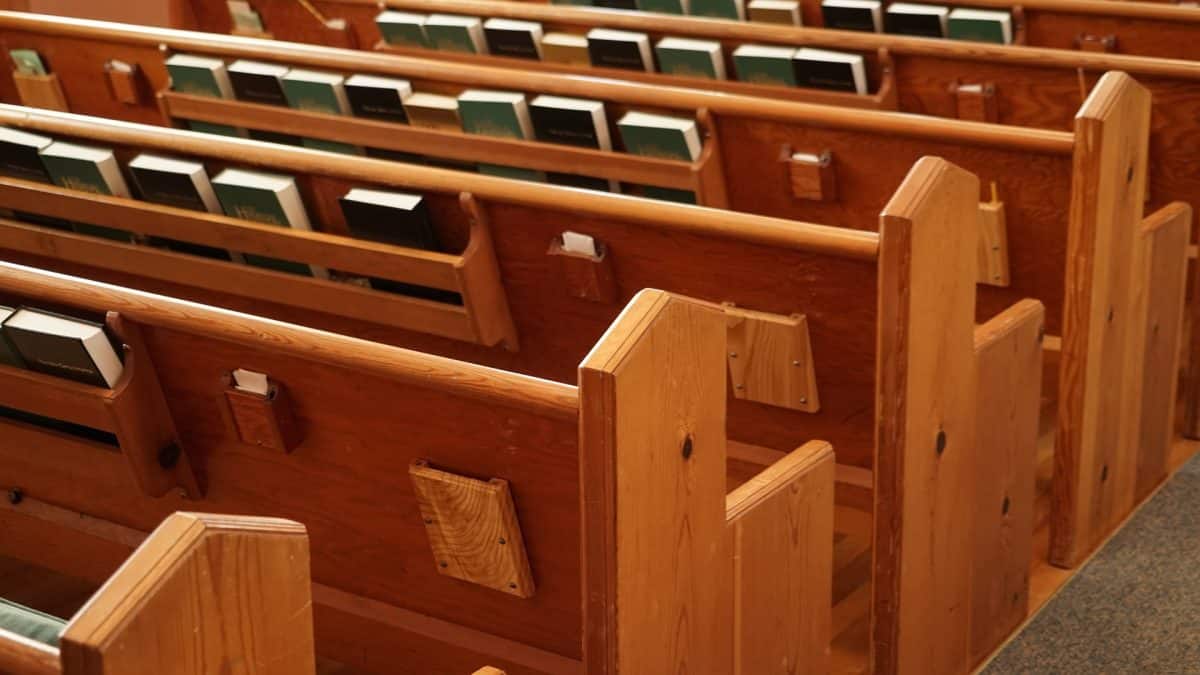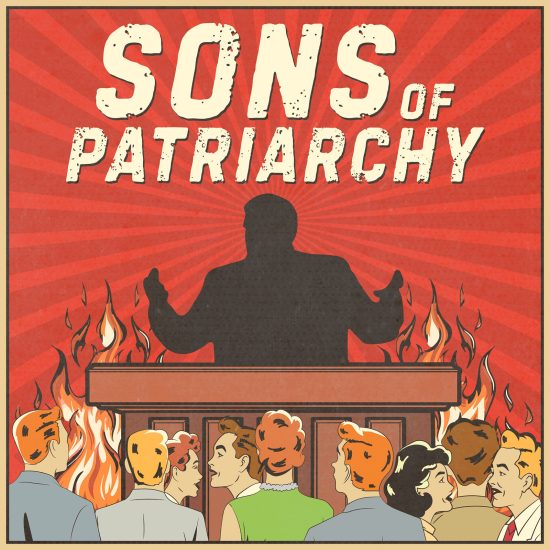
(RNS) — The year 2020 has been short on answers and long on questions. Must we wear masks in public places? Which candidate deserves my vote? Should we hold church services in person or online?
Private decisions almost always have public consequences, so we debate these questions online and in the public square. We lob our opinions at one another, convinced that our team has the right answers. In the middle of the chaos, I can’t help but wonder, Are we even asking the right questions?

Andy Stanley
I first learned the value of good questions when I was just a kid. Like most kids, I didn’t like being told what to do. But on occasion, I wanted my dad to tell me what to do. And he wouldn’t. Worse, instead of answering my question, he asked me questions! Why answer a question with another question? He was teaching me how to make decisions on my own.
As important, he was teaching me to appreciate the relationship between good questions and good decisions. As an adult I’ve settled on five questions to ask before making a decision of any significance, in both my personal and professional life.
By midsummer of this year, some congregations in the U.S. were slowly inviting people back indoors for church services while others continued to meet exclusively online. The question of when to re-open churches quickly became political and divisive. Many folks on both sides declared their answer the only “Christian” way forward.
It was a good time for better questions.
Since North Point Ministries holds weekend church services for some 30,000 people across seven campuses in and around Atlanta, our leadership took COVID-19 transmission seriously. We talked, we prayed and we asked questions. Good questions lead to better decisions. In the middle of July we announced that our Atlanta-area churches would suspend in-person worship for the rest of 2020 due to coronavirus concerns.
Which question put our decision over the top? I call it the relationship question: What does love require? In our case, What does being a good neighbor require?
 We considered our church community — and the communities around our campuses — and we knew what love required. It required us to love one another, to love our neighbors, especially those who were vulnerable and at-risk.
We considered our church community — and the communities around our campuses — and we knew what love required. It required us to love one another, to love our neighbors, especially those who were vulnerable and at-risk.
If that question doesn’t feel specific enough for your big decision, let me expand. Directives scattered throughout the New Testament offer real-world applications of what Jesus’ brand of love looks like (for those who dare to ask).
The apostle Paul, in a letter to Christians living in the Roman province of Galatia, addressed the relationship question. He showed that God always nudges us in the direction of kindness, goodness, gentleness, faithfulness and self-control. I like to tell people, “When in doubt, max those out.”
But Paul’s most detailed description of what real-world love looks and acts like is found in his first letter to the Christians living in first-century Corinth. Try reading his words as the answer to What does love require of us?
Love requires patience. Love is not pushy. Love requires that I move at your pace rather than requiring that you move at mine.
Love requires kindness. Kindness is love’s response to weakness. Kindness is the choice to loan others our strength rather than reminding them of their weakness. It’s doing for others what they cannot in that moment do for themselves.
Love requires us to keep envy and pride from interfering with our ability to celebrate the success of others. Love requires us to allow others to shine. It isn’t threatened by the success of others.
Love requires us to show honor to others. Love never treats another person dishonorably, disgracefully, or indecently. Love doesn’t create regret. After all, honor is at the heart of every satisfying relationship.
Love requires selflessness. Love is not self-seeking or selfish. It puts the interests and needs of others first. That alone would solve most relationship problems.
Love is not easily angered. It’s not easily stirred up or provoked. Instead, love absorbs. Love puts the other person’s story ahead of its own.
Love requires us to forgive. Love keeps no record of wrongs. When someone holds your past over you, who’s in the elevated position? Love is not about powering up. Love is about stepping down.
Love does not delight in evil but rejoices with the truth. It always protects … always trusts, always hopes, always perseveres. Love chooses a generous explanation when others don’t meet our expectations. Love requires us to do everything in our power to protect or guard the relationship.
That’s quite a list. But that’s what love requires. And when we embraced those imperatives as an organization, we knew what love required of us.
As 2020 winds down, let’s ask better questions about the big issues. The right answer for our church, and for the communities around our church, was clarified by asking, “What does love require?”
So, what does love require of you? During this unusual season, what does love require of your organization?
Andy Stanley is founder and senior pastor of North Point Ministries in Atlanta, Georgia, a television host and podcaster, and the author of more than twenty books. His latest book is Better Decisions, Fewer Regrets: 5 Questions to Help You Determine Your Next Move.






